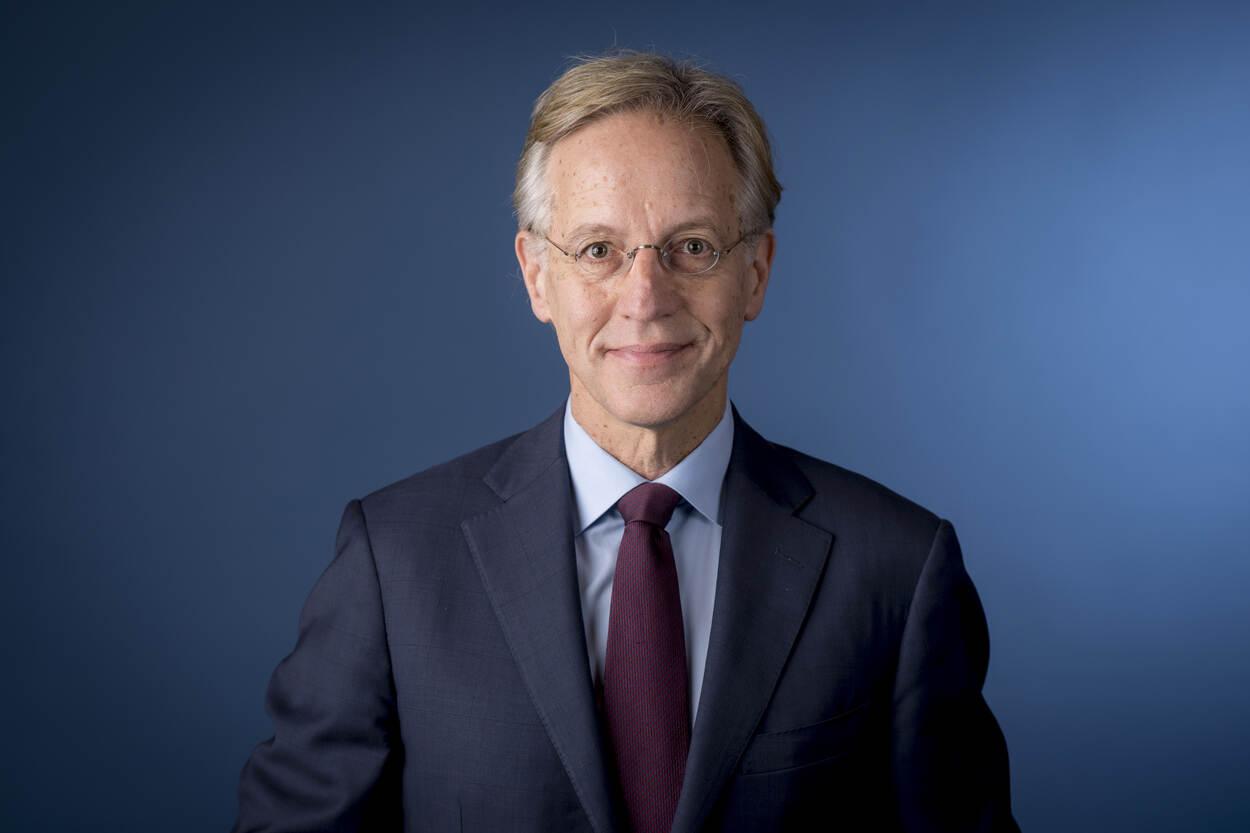Dijkgraaf tries to mitigate concerns about recognition and rewards

This is not the first time that the minister announces his full support for a new way of evaluating scientists in which publications in prestigious journals would not always be the decisive factor. Other factors to consider include whether they are good teachers and managers, or whether their work is exerting a significant impact on society. Practising open science would also matter.
Concerns
The Netherlands might well want to assess the work of scientists differently, but other countries will keep doing the same. What effect will this change have on the competitive position of the Netherlands in the international market? This question has been asked by many, including political party VVD, which started posing questions about this topic following the podcast "Is science succumbing to open science?" (in Dutch), in which UU researcher Hans Clevers, former president of the Royal Netherlands Academy of Arts and Sciences (KNAW), expresses his concerns over the recognition and rewards project.
Dijkgraaf’s answer (statement in Dutch) was that he does not share “the concern that the concepts of open science and recognition and rewards will damage our international position”. The minister wrote: "In fact, I have observed that the steps taken up to now have enabled the Dutch scientific community to position itself better internationally”. Dijkgraaf is also a former president of the KNAW.
Monitoring the situation
It is conceivable that, “as in every transition”, this could affect individual scientists in the international field, stated the minister, who has “not yet seen any sign, however” that it could affect science as a whole. In Dijkgraaf’s view, the possible effects need to be monitored closely in the time ahead.
VVD also inquired how “excellence” is to be fostered in terms of recognition and rewards. The guiding principle is still “an outstanding quality of knowledge”, Dijkgraaf asserts. “By being alert to the full spectrum of academic work, talented scientists can ensure that their value is recognised, and there will be room for rewarding performance in domains such as education, impact and leadership.”
Dijkgraaf is aware, by and large, of “the concerns people have”. But he also believes there are “many academics who derive hope from this cultural change”. In his opinion, it is of “the utmost importance that academics are heard” and “that they have an effect on this cultural change themselves”.